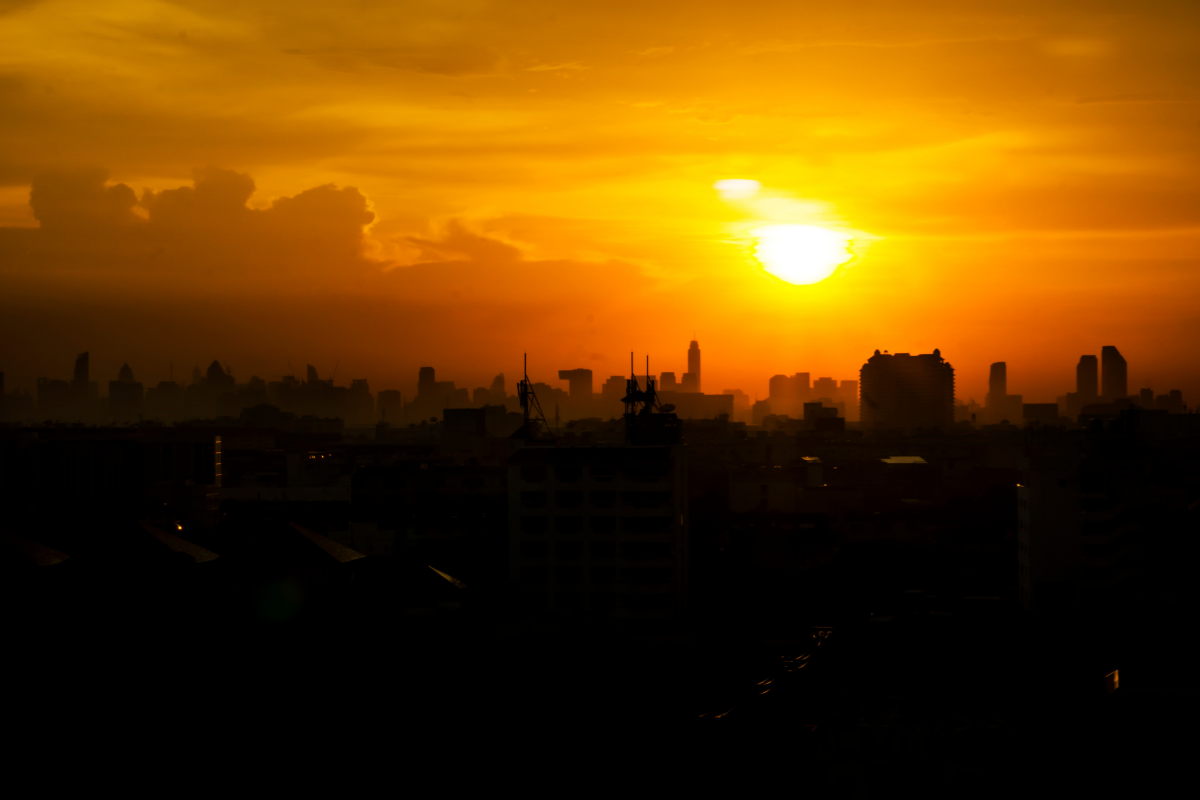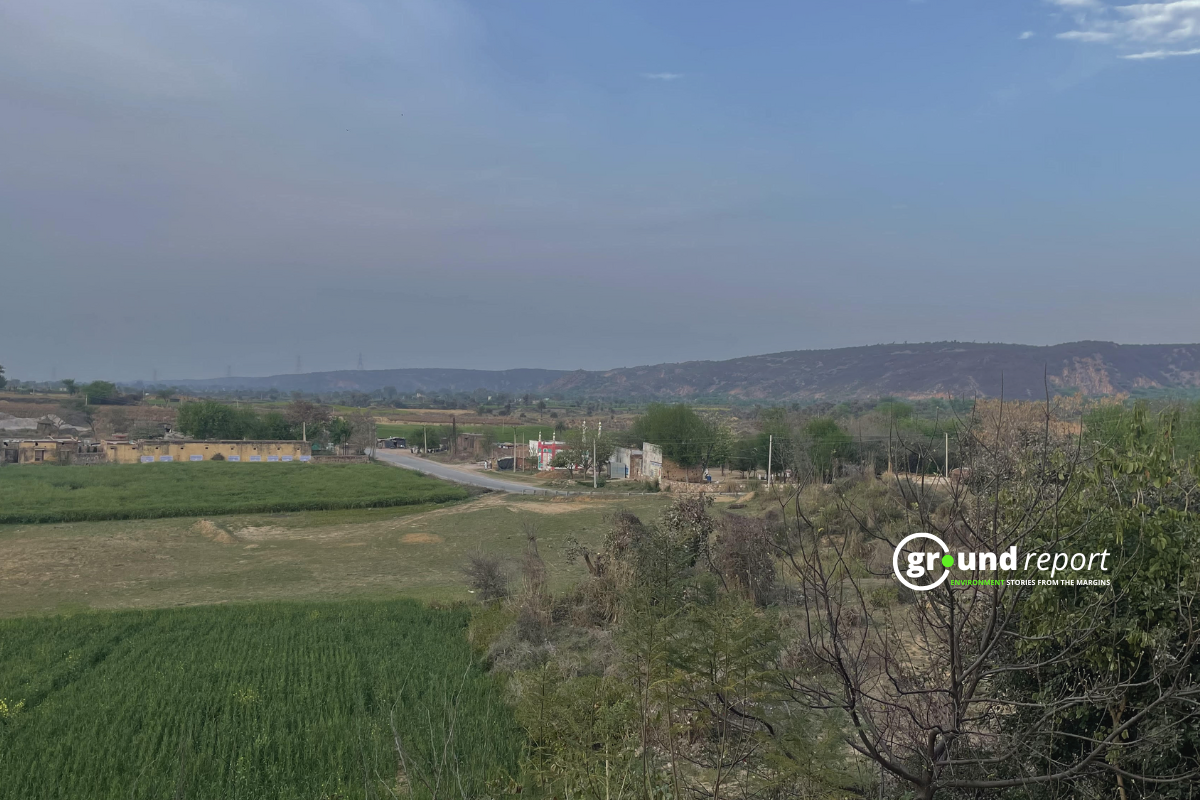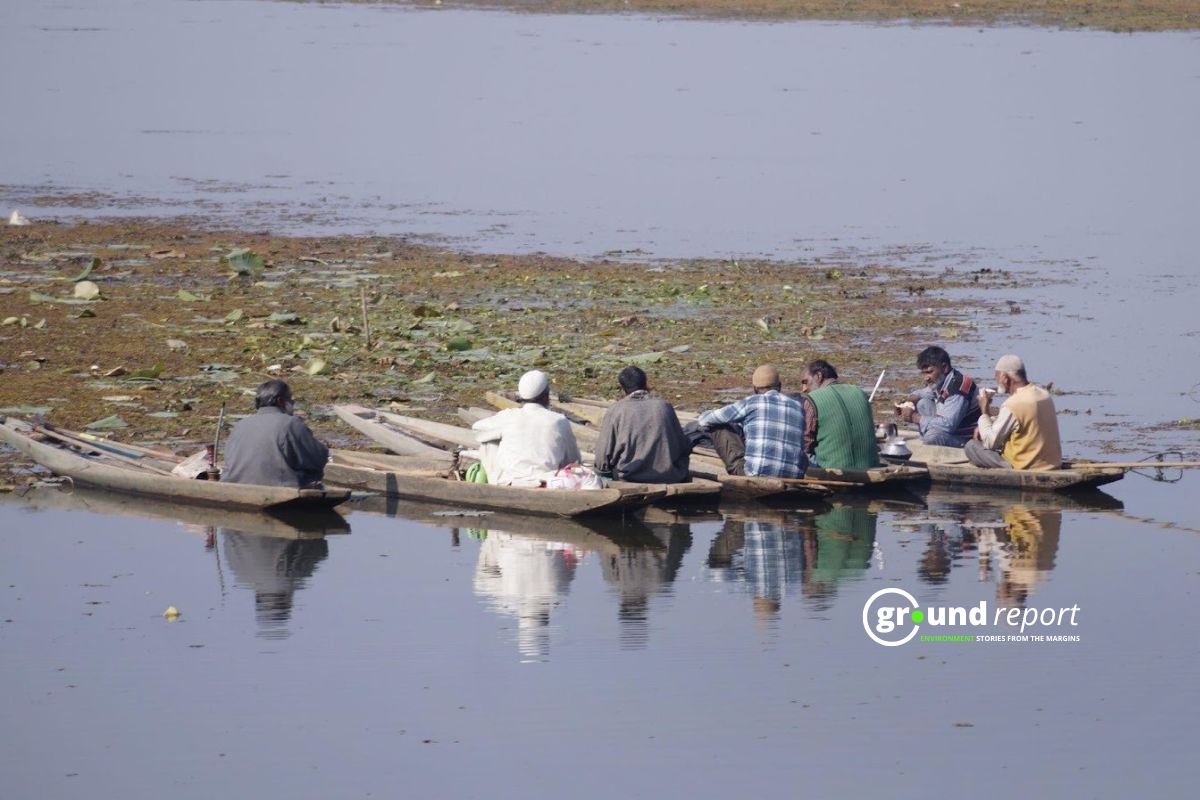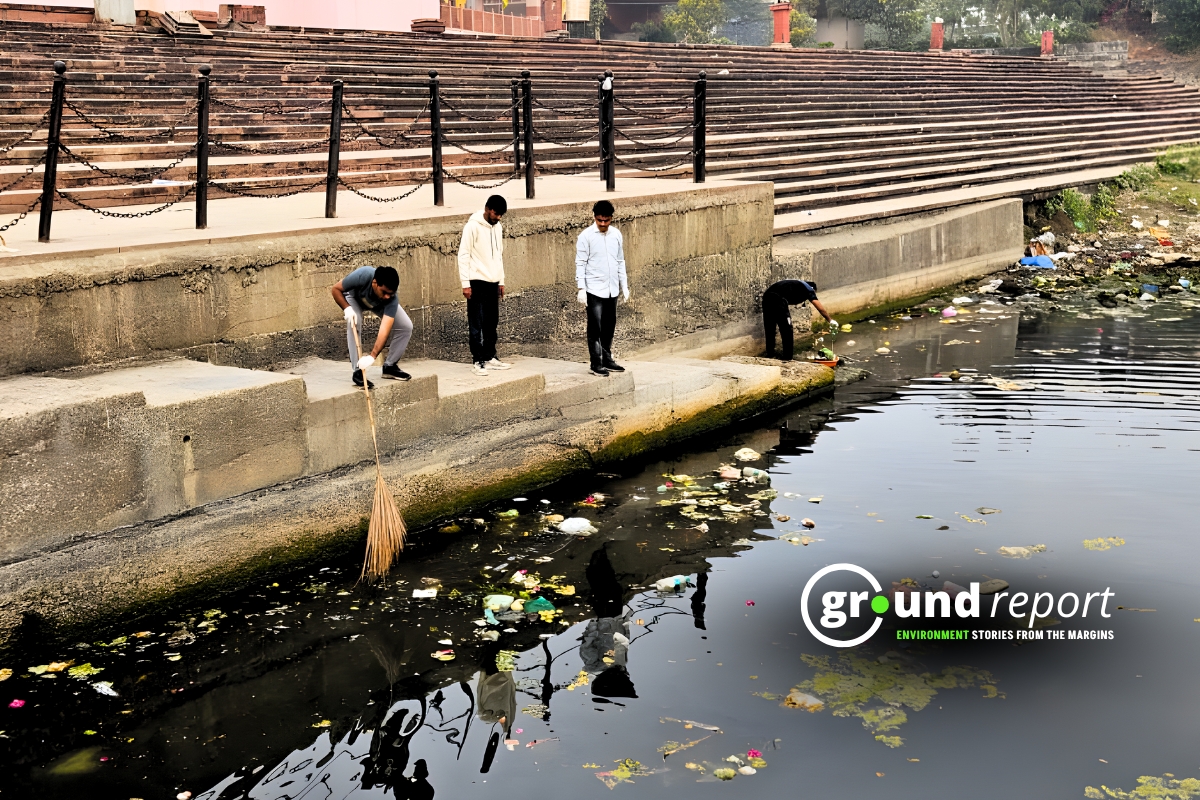A day after Delhi saw its hottest day of the season, the city recorded its warmest April night in six years. The minimum temperature touched 27.2°C on Sunday — three degrees above normal, and the highest since April 2019, according to the India Meteorological Department (IMD).
The last time Delhi recorded a higher minimum was on April 25, 2019, when the temperature was 28°C.
Delhi records hottest April night
IMD said clear skies and intense surface heating raised both day and night temperatures. On Saturday, the maximum touched 42.1°C — the highest this season and the hottest April day since 2022. Sunday’s maximum was slightly lower at 41.3°C, still two degrees above normal.
The minimum rose sharply from 20.7°C on Saturday to 27.2°C on Sunday — a 6.5°C jump in 24 hours. Another warm night is expected on Monday, with the minimum likely between 25°C and 27°C.
IMD forecast some relief this week. Cloudy skies and easterly winds are likely to lower maximum temperatures by 1–2°C. Winds of 15–20 km/h are expected from Monday. Gusts of up to 50 km/h and light rain or drizzle are possible on Tuesday, Friday, and Saturday.
A western disturbance could impact the western Himalayan region from May 2. It may bring more cloud cover, rain, and wind to Delhi on May 2 and 3.
The maximum on Monday is likely to stay between 40°C and 42°C, dipping slightly to 38–40°C on Tuesday.
Delhi has received only 0.7mm of rainfall this April — far below the average of 16.3mm. In March, rainfall was also low at 1.8mm, about 90% below the normal level of 17.4mm.
Air quality remains poor. The city’s average Air Quality Index (AQI) was 246 on Sunday — the seventh straight day in the “poor” category. It was 247 on Saturday.
Forecasts suggest the AQI will stay “poor” until Tuesday, before improving to “moderate” on Wednesday.
Schools asked to take precautions
The Directorate of Education has issued guidelines for schools to protect students from heat:
-
No outdoor classes or activities
-
Ensure fans and ventilation in all classrooms
-
Provide drinking water and schedule water breaks
-
Install fire extinguishers in corridors
-
Advise students to cover their heads
-
Avoid seating staff or visitors in direct sunlight
-
Report any heat-related symptoms or illnesses immediately
Support us to keep independent environmental journalism alive in India.
Keep Reading
The costliest water from Narmada is putting a financial burden on Indore
Indore’s Ramsar site Sirpur has an STP constructed almost on the lake
Indore Reviving Historic Lakes to Combat Water Crisis, Hurdles Remain
Indore’s residential society saves Rs 5 lakh a month, through rainwater harvesting
Follow Ground Report on X, Instagram and Facebook for environmental and underreported stories from the margins. Give us feedback on our email id greport2018@gmail.com.
Don’t forget to Subscribe to our weekly newsletter, Join our community on WhatsApp, and Follow our YouTube Channel for video stories.






